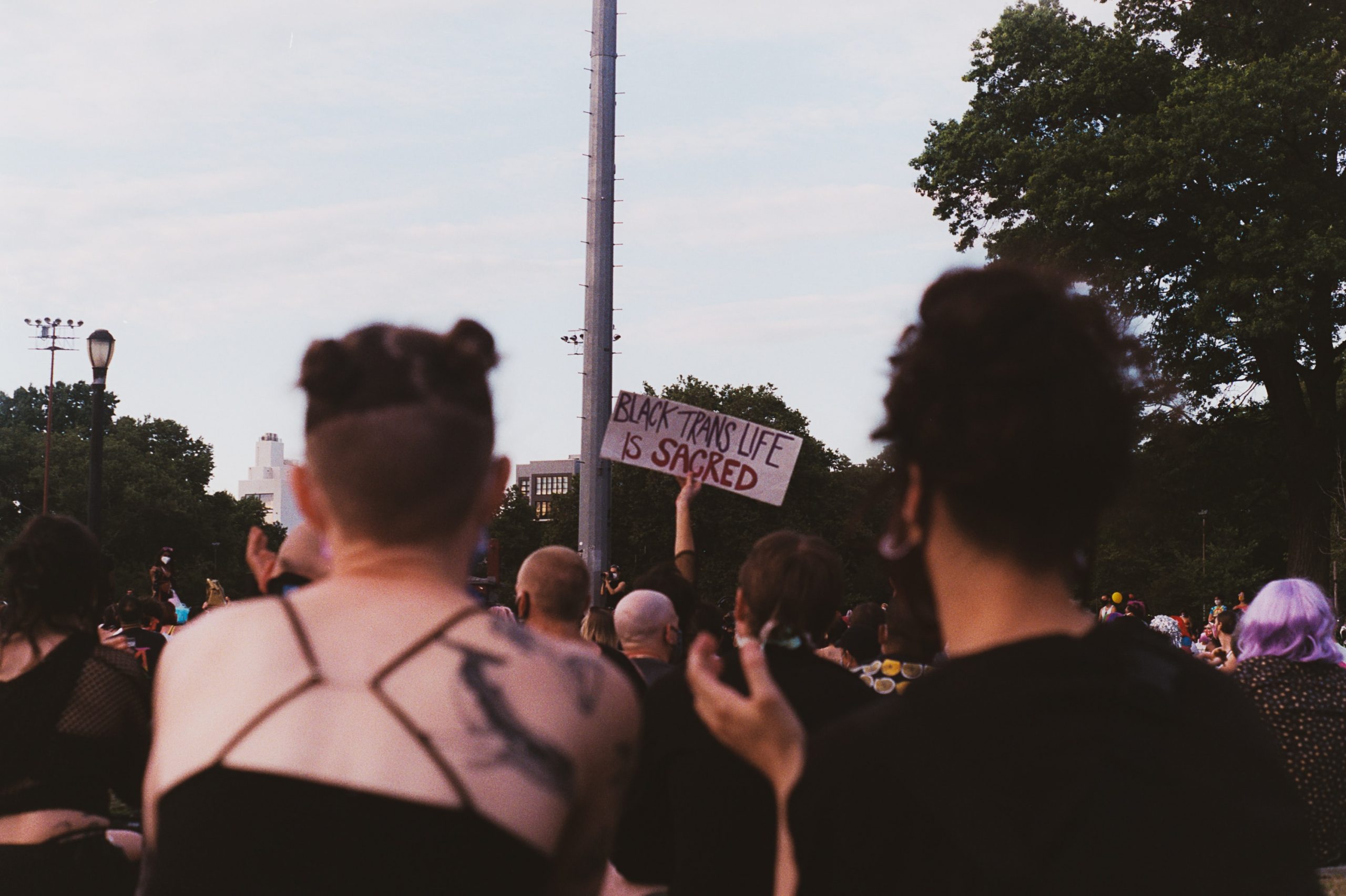Malaysia’s LGBT Rights and Harassment
Malaysia’s Approach to LGBT Rights : Balancing Cultural Sentiments and Preventing Harassment
In a world where the rights of the LGBT community are increasingly recognized and championed, Malaysia’s stance remains a topic of intense discussion. The nation’s leadership has recently clarified its position, emphasizing the importance of preventing harassment while also acknowledging the cultural and religious sentiments of its populace.
Government’s Commitment to Preventing Harassment
The Malaysian government has made it clear that it will not tolerate any form of harassment or excessive action against individuals who identify as lesbian, gay, bisexual, or transgender (LGBT). This commitment was reaffirmed by Prime Minister Datuk Seri Anwar Ibrahim during a recent interview with CNN’s Christiane Amanpour. The Prime Minister emphasized that while the country may not recognize LGBT rights in the same manner as some Western nations, it is essential to differentiate between public acceptance and the act of harassment.
The Cultural and Religious Context
Malaysia, a nation with a rich tapestry of cultures and religions, often finds itself at the crossroads of modernity and tradition. Both Muslims and non-Muslims in the country have a general consensus against the open public display of LGBT relationships. However, this consensus does not equate to support for harassment or persecution of the LGBT community. Prime Minister Anwar reiterated this sentiment, stating that while he respects the consensus of the people, it should not be misconstrued as an endorsement of harassment.
Controversies and Legal Implications
Recent events, such as the ban on Swatch products containing LGBT elements, have brought the issue to the forefront. The ban, instituted by the Home Ministry, stipulates severe penalties, including potential imprisonment and fines, for those found in possession of such products. This move, aligned with the Printing Presses and Publications Act, underscores the government’s commitment to curbing elements deemed detrimental to societal morality and the nation’s interests.
However, Prime Minister Anwar has expressed reservations about some of these enforcement actions, suggesting that there might be room for change in the future.
The Need for Legal Review
The Prime Minister’s personal history with sodomy laws in Malaysia has given him a unique perspective on the matter. He has been vocal about the need to review these laws to prevent potential abuses and political persecution. While acknowledging the sentiments of Malaysians, he emphasized the importance of tolerance and the need to avoid harassment against the LGBT community.
Conclusion
Malaysia’s approach to LGBT rights is a complex interplay of cultural, religious, and legal factors. While the nation may not fully embrace the rights championed by some countries, it is evident that there is a strong commitment to preventing harassment and ensuring the safety and dignity of all its citizens, regardless of their sexual orientation. As the global conversation on this issue evolves, it remains to be seen how Malaysia’s stance will adapt in the coming years.














+ There are no comments
Add yours